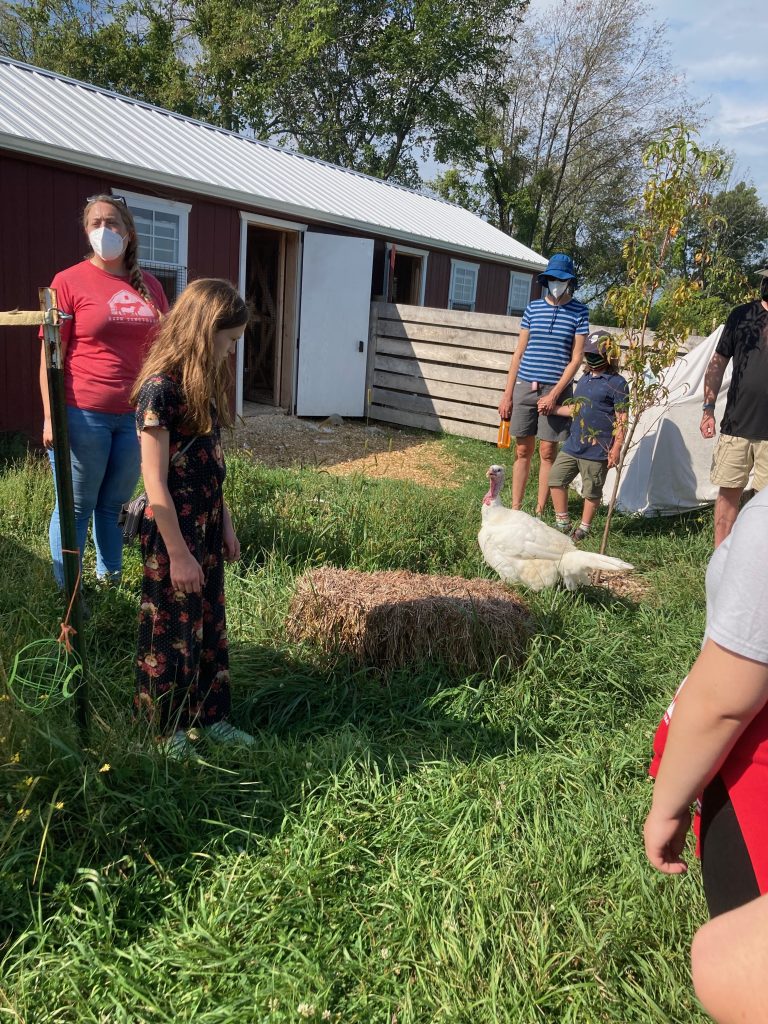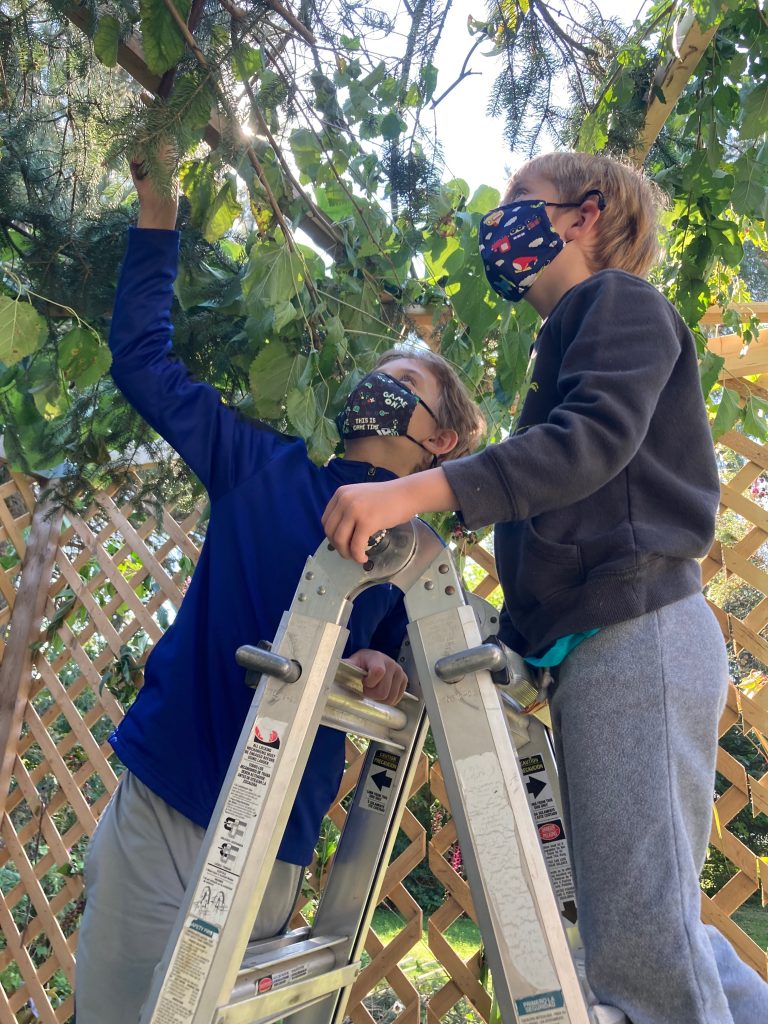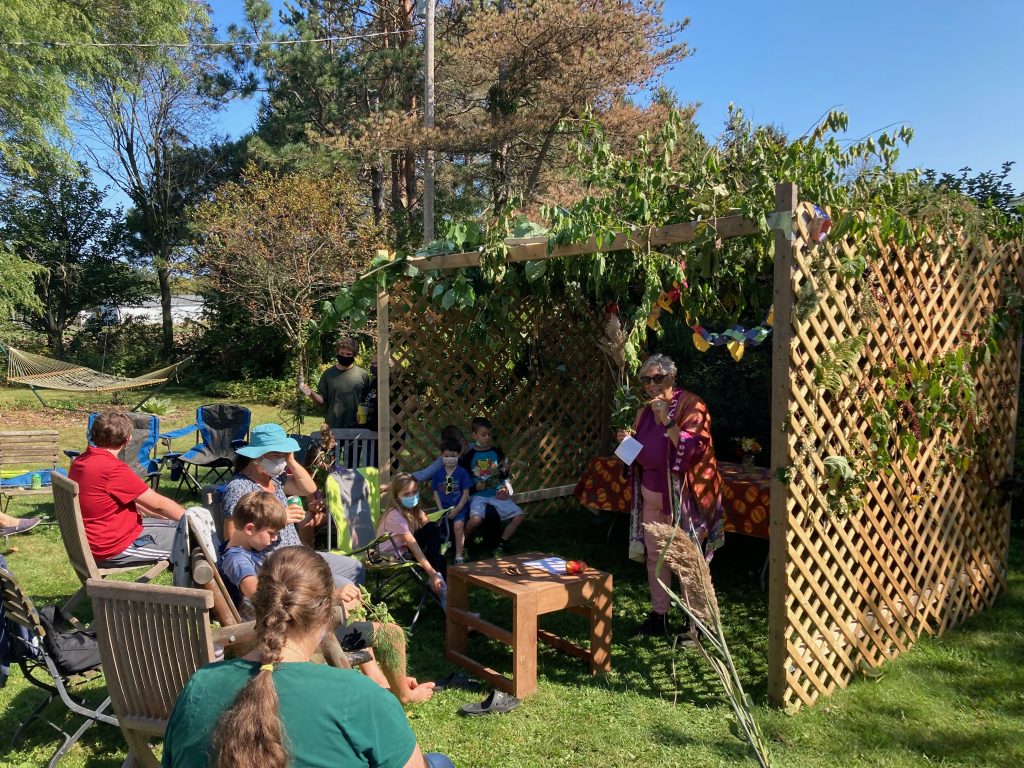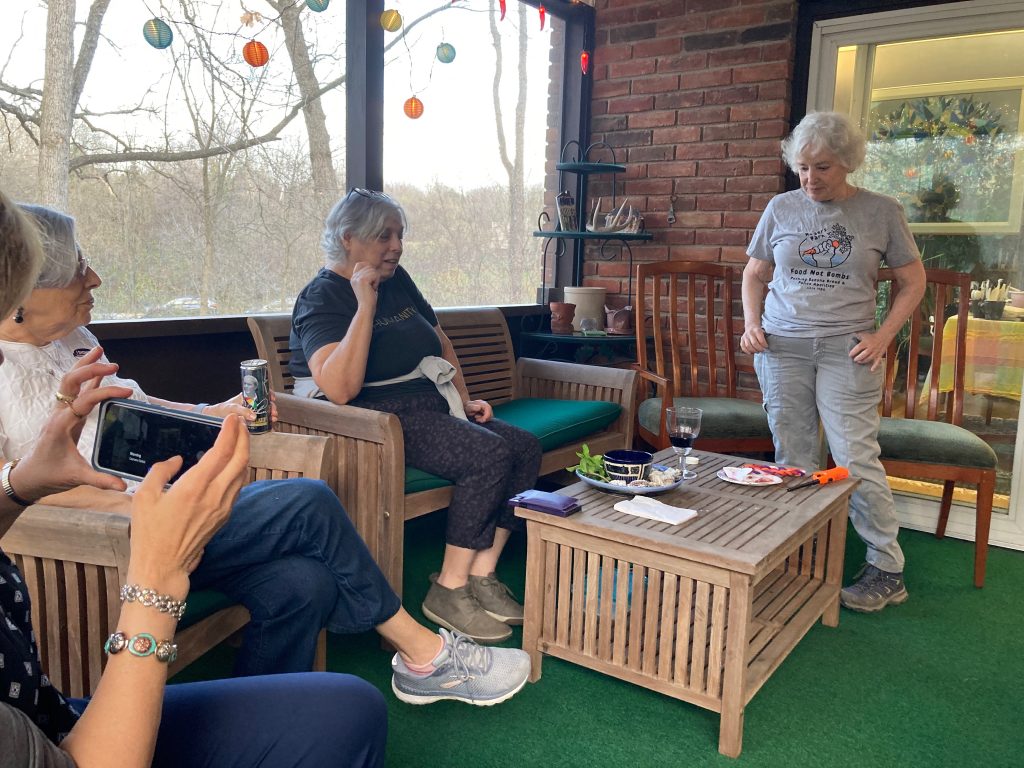Eli Shoup
In June, Eli Shoup graduated cum laude from the Driehaus School of Business at DePaul University with a focus on Music Management. As of July 19, he is an A&R [Artists and Repertoire] Research Assistant at SCP Operations which is located near Chicago.

Jasmine Lowenstein
Jasmine Lowenstein graduated from Community High School and is heading off to Vassar in the fall!

Harry Bagenstos
Harry graduated from Wesleyan with a B.A. with High Honors in History and the College of Social Studies and with a Certificate in Social, Cultural, and Critical Theory. He won the Meyer Prize for best honors thesis in American history and the Joan W. Miller Prize for outstanding honors thesis in the College of Social Studies. He worked during college as a History Preceptor at the College of Social Studies, as a TA in Data Analysis, as an assistant at the Middlesex County Historical Society, and as a high school debate coach. And he taught incarcerated people working toward their degrees through Wesleyan’s Center for Prison Education. We love all the good trouble he caused working on labor organizing and other political struggles on and off campus. Now he’s headed to law school at Stanford, with a view to becoming a lawyer for the labor movement. We admire and love his values, work ethic, and brains, and, even more, his sense of humor, broad interests. It’s so much fun it is to spend time with him; we’re thrilled he’s living with us for the summer.

Leila Bagenstos
Leila graduated magna cum laude from Bryn Mawr with a B.A. in the Growth and Structure of Cities; she was also named to the Community Building Honor Roll. From the beginning of college, Leila worked hard at work as well as school — making her way up from the cafeteria her first year to a supervisory position at the school’s career center her senior year. All along the way, she was engaged in local community development and environmental justice activism. After a break of just two weeks, she started a full-time job helping to administer the Tangled Title Fund, which assists low-income Philadelphia homeowners to fix title issues with their property, so they can have access to government maintenance assistance and to private credit — and so their families can build generational wealth. She’s smart and hard-working and has terrific values. And she’s also an absolutely lovely person, who’s empathetic, competent, and fun. We couldn’t be more proud of the woman she’s become. A bonus of our couple of years in DC is that we can visit with her more easily in Philly.

Lior Cooper
Lior graduated from Community High School, having made use of Community’s flexibility and taken courses online, at UM, at Washtenaw, and community resource. Lior rowed for 4 years with Skyline Crew. She was accepted at a few universities across the country and chose to stay local for undergrad, she will be in LSA at University of Michigan in Ann Arbor.

Miriam Chava Berman Stidd
Miriam Chava Berman Stidd graduated Summa Cum Laude from Washtenaw International High School, and completed the requirements for an International Baccalaureate degree. She is a member of the National Honor Society and has played second chair in the violin section of the Ypsilanti Youth Orchestra. She played the lead (the villain Creon) in her school production of Antigone, has published several poems through 826 Michigan, and is interested in art, architecture, and environmental science and sustainability. She plans to take a gap year full of adventure, travel, and independence, after which she will attend Brandeis University.

Deron Lessure
Deron Lessure, son of Carol Lessure and Jon Engelbert, is a graduate of Skyline High School. He plans to be at Oberlin College in the fall to nurture his interests in math, physics and computer science. He is spending a good part of the summer at the Ross Mathematics program.




































